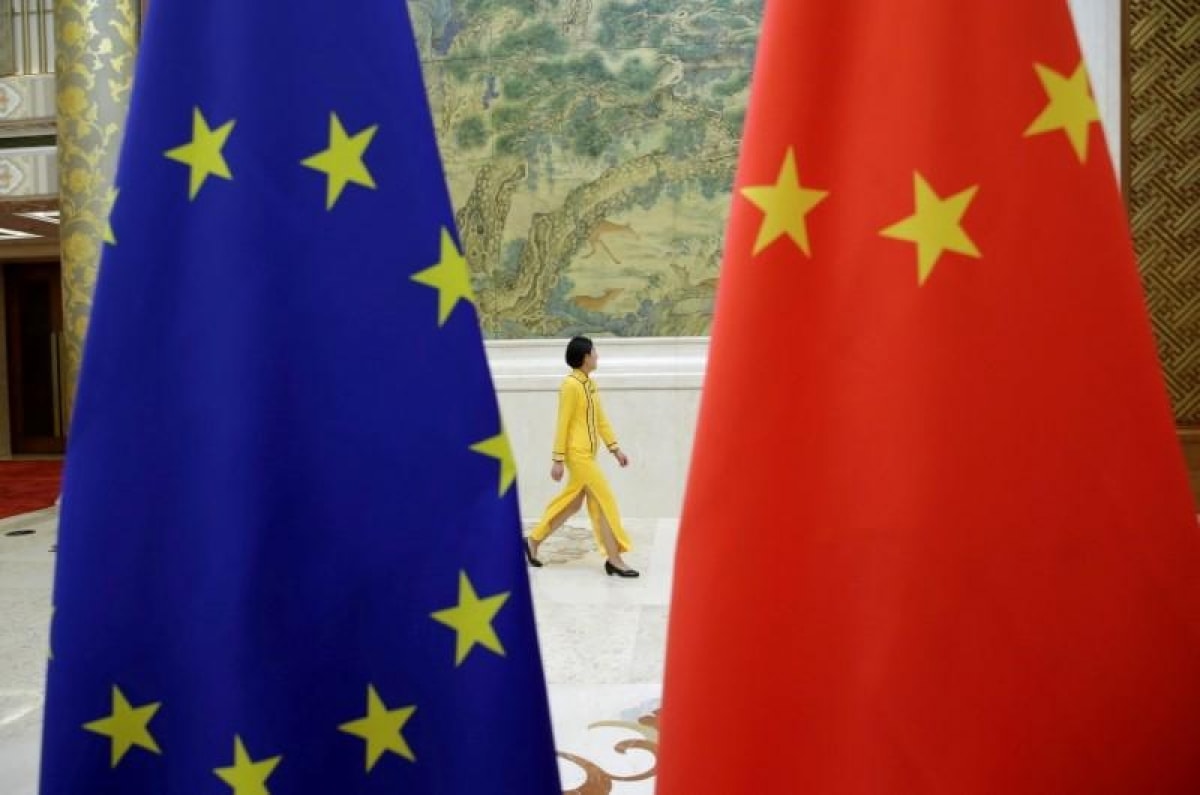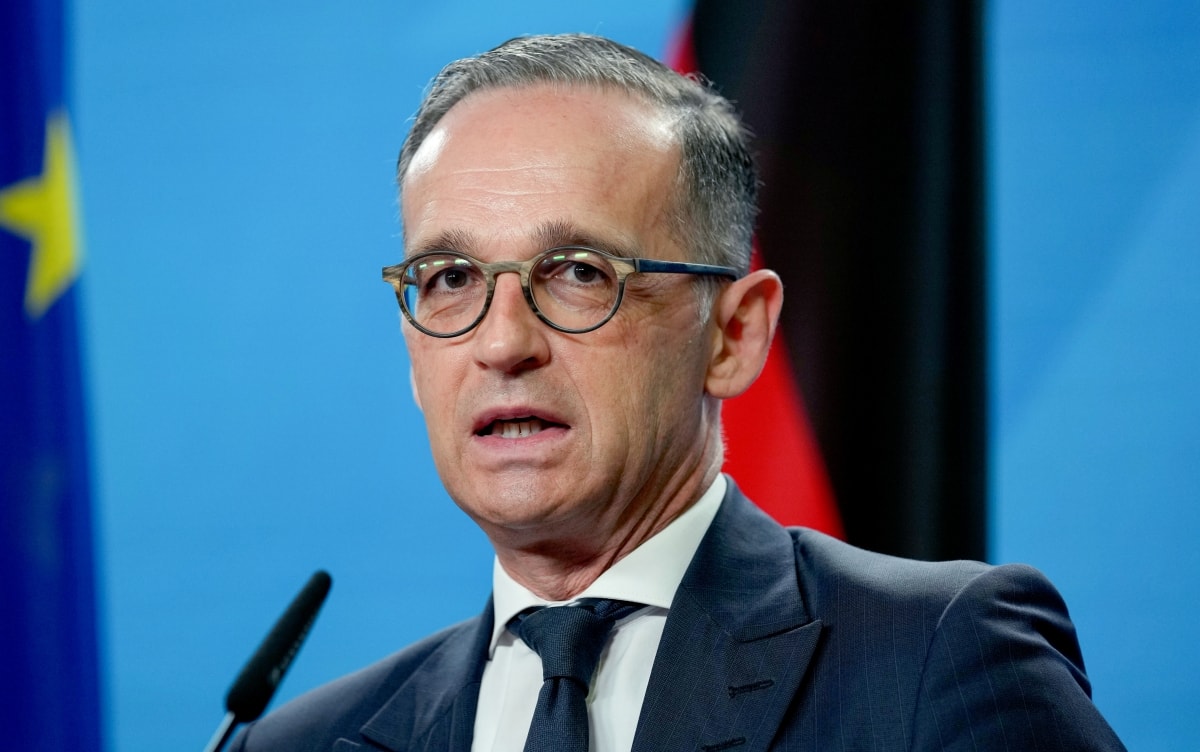Counterweight to China's 'Belt and Road', Europe launches new plan
European Union (EU) foreign ministers on July 12 agreed to adopt a global infrastructure plan to connect Europe with the world and counter China's Belt and Road initiative.
The plan, called “A Globally Connected Europe,” was discussed and unanimously approved by EU Foreign Ministers at a meeting on July 12 in Brussels. In an official press release, the European Council announced that this plan was built on the foundation of the “Joint Declaration on Europe-Asia Connectivity 2018,” with the basic principles that connectivity must be sustainable, comprehensive, and rule-based.
 |
Although Europe's global infrastructure plan does not mention China, analysts say the entire plan is Europe's new strategy to counter China's Belt and Road Initiative (BRI).
Speaking to the press on the sidelines of the meeting, German Foreign Minister Heiko Maas also frankly admitted this: "We are witnessing China using economic and financial means to increase its influence all over the world. Complaining about this is pointless and Europe needs to come up with alternative proposals. It is also important that Europe also coordinates closely with the US in this strategy."

The EU's proposal of a global infrastructure plan is another move showing that Western countries are stepping up fierce competition with China, aiming to prevent the influence of the "Belt and Road" initiative that China has been implementing for many years.
At the G7 Summit held from June 11-13, 2021 in the UK, the G7 countries also announced a global infrastructure master plan called “Build Back a Better World” (B3W) with the promise of mobilizing tens of trillions of dollars for infrastructure projects in developing countries in Asia, Africa and Latin America. For the EU, the bloc signed strategic transport partnership agreements with Japan and India to enhance connectivity in the fields of transport, digital technology and energy.
Meanwhile, China's "Belt and Road" initiative has now attracted over 60 participating countries, including some in Europe, raising concerns in the EU about China's increasing influence in the region./.


